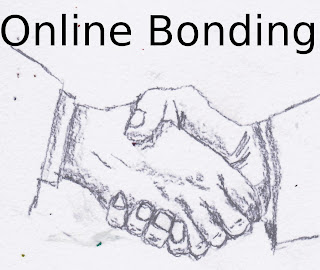Millennials may just change the nature of business
and what type of products and services are likely to be rewarded in the market.
Millennials are significantly different than Baby Boomers and have been one of
the hardest hit by the recession making them more focused on different aspects
of life. This different focus impacts their perception of what they are looking
for in the market and what they are likely to spend their money on.
Millennials communicate differently than previous
generations and use technology to talk to each other (1).
This means that information spreads quickly among this population and they stay
in touch with each other through posting on Facebook, Twitter, and other
methods. They are fairly transparent in their communication patterns and how
they view particular issues.
According to a study conducted by Harstad Strategic
Research, inc. Millenials want things like affordable college, retirement,
social equality, healthcare, environmental policy, and helping the poor (2).
They are focused more on the necessities
of life and developing a better society that is inclusive of different types of
people.
Millennials have also been hardest hit by the
recession, less likely to focus exclusively on careers, have less spending money than
previous generations, and are more educated (3).
They are a generation of people that
come to a more global market with lots of education but have learned that
opportunities are not always available. They have turned to other pursuits and
needs in life.
They also view family life differently than previous
generations. Millennials are focused on establishing themselves first, marrying
later, and avoid the devastating divorces of older generations (4).
They are more interested in the quality of life and are much less interested in
choosing a career over family.
This is not a physically inactive generation. They
seek to create healthier lifestyles, eat better, exercise more and engage in more physical
activities (5).
They purchase organic food, go to yoga classes, and seek a balance with other
activities. They view life in a more holistic manner than other generations.
What does all this mean for business and investment? Those industries that are likely to do well include online education, vitamins,
social media, online retailers, sporting equipment, family products, health food stores,
recreational goods, and fitness companies. The Millennials represent a
different way of looking at the world and are likely going to change purchasing
patterns as they move into their peak earning and spending years. Companies
that find their core base retiring or passing away will need to find new ways
of reaching this soon to be powerful new demographic.

